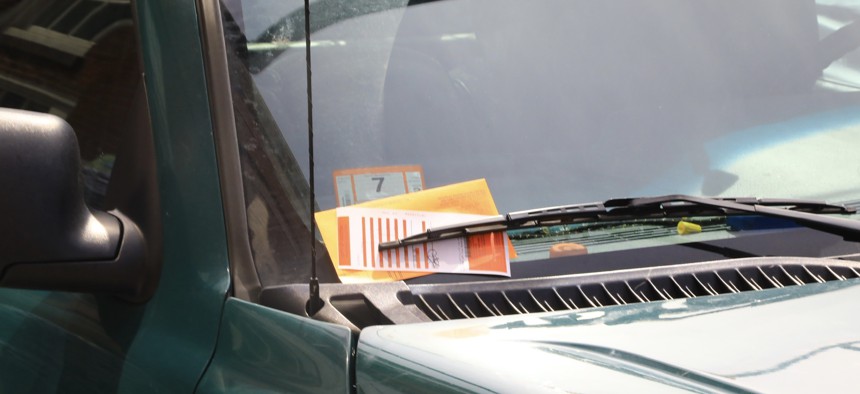More Governments Join National Fine and Fee Reform Effort

Douglas Sacha via Getty Images
Seven additional cities and counties are set to take part in the initiative, which is seeking to rework fines and fees that often fall most heavily on low-income and minority residents.
More communities are joining a national effort to reform their use of fines and fees, which can disproportionately affect low-income residents and people of color, according to the Cities and Counties for Fine & Fee Justice.
The organization is a network of jurisdictions reshaping how they employ fines and fees as a source of revenue because those penalties can place an outsized burden on vulnerable residents. Launched in 2020, the inaugural cohort included 10 jurisdictions.
The latest jurisdictions to join the network are: Chatham County, Georgia; Jefferson County, Alabama; Miami-Dade County, Florida; Washtenaw County, Michigan; Wilmington, Delaware; Kansas City, Kansas and surrounding Wyandotte County.
The initiative is led by the Fines and Fees Justice Center and the city and county of San Francisco’s Financial Justice Project, which is in its second year.
“For residents living on low incomes, a cascade of consequences sets in when they cannot pay: their debt grows, their license is suspended, their credit score plummets, their economic opportunities are diminished, and in some places they are arrested and jailed,” said Priya Sarathy Jones, director of campaigns and policy at the Fines and Fees Justice Center, in the statement.
The seven counties and cities are expected to work with community members that have been impacted by fines and fees to enact specific reforms, according to a press release. The jurisdictions will also receive small grants as well as technical and strategic assistance, including access to data and policy expertise.
The cohort’s focus will be eliminating criminal justice fees and addressing the high costs of incarceration, which include fees for phone calls, medical care and commissary purchases. It will also work toward restructuring fines—including ticketing, towing and booting vehicles—that exceed people’s ability to pay.
Molly Bolan is assistant editor for Route Fifty.
NEXT STORY: Coyotes Are Here to Stay in Cities. Here’s How to Appreciate Them From a Distance






